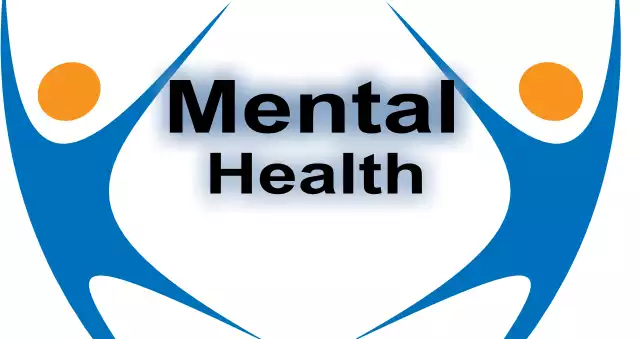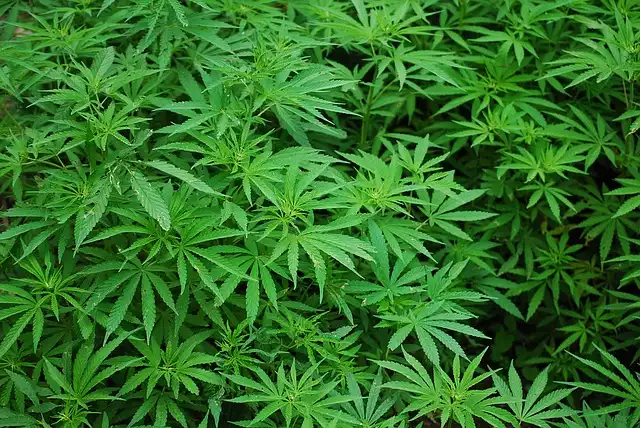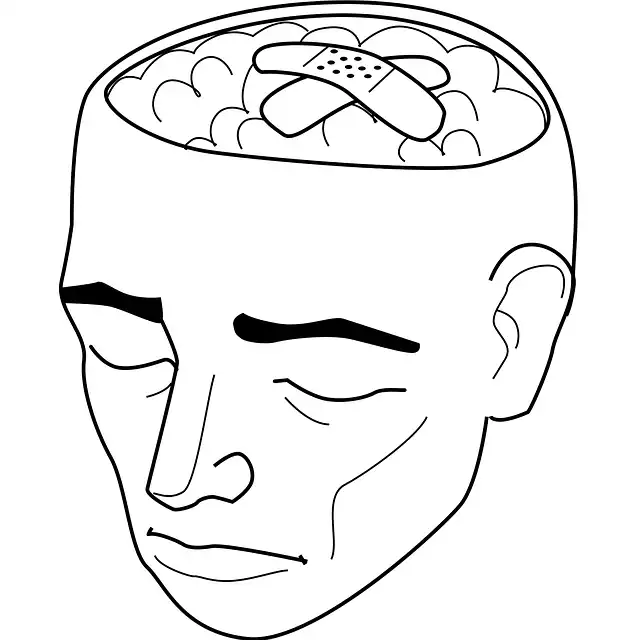What Is Cannabis Doing To Your Mental Health
Teenagers who smoke are more likely to experience clinical psychosis disorders later in life.
The earlier they start smoking, the greater their chance of developing a disorder similar to schizophrenia.
The question of What Is Cannabis Doing To Your Mental Health is a topic of growing concern and research.
Studies have shown that cannabis use, especially during adolescence, can have detrimental effects on mental health.
Using cannabis frequently and heavily has been associated with a higher chance of developing anxiety disorders, depression, and cognitive impairments.
Individuals genetically prone to mental illnesses may be more susceptible to the negative effects of cannabis on their mental well-being.
It is crucial to educate young people about the risks of cannabis and promote healthier ways to cope with stress and other challenges.
Using marijuana can lead to a temporary break with reality. People who have this experience are at a 50% risk of developing schizophrenia within the next 3 years.
A causal hyperlink to schizophrenia
Researchers have concluded that use is casually linked to the improvement of schizophrenia, but will not be a sole bring about, and exists as a element lead to among a lot of diverse other things.
Research shows that not using marijuana can lead to an 8% reduction in schizophrenia cases later in life.
This would be a significant victory for public health.
Schizophrenia remains a poorly understood disease, and also the causes that result in its emergence remain obscured. Smoking raises the risk of disease for people who are already vulnerable, even if they may not actually get sick.
Using marijuana can lead to a temporary break with reality.
People who have this experience are at a 50% risk of developing schizophrenia within the next 3 years.
Researchers have concluded that use is casually linked to the improvement of schizophrenia, but will not be a sole bring about, and exists as a element lead to among a lot of diverse other things.
Research shows that not using marijuana can lead to an 8% reduction in schizophrenia cases later in life. This would be a significant victory for public health.
Schizophrenia remains a poorly understood disease, and also the causes that result in its emergence remain obscured.
Smoking raises the risk of disease for people who are already vulnerable, even if they may not actually get sick.
Starting marijuana use at a young age increases the chances of developing schizophrenia.
Starting marijuana use during adolescence, when the brain is still developing, poses a greater risk than starting later in life.
Using marijuana during the brain’s crucial development period can disrupt neural pathways and increase the risk of developing mental health disorders such as schizophrenia.
Additionally, the potency of marijuana, specifically high-THC strains, has been found to play a role in the development of schizophrenia.
The higher the THC concentration in the marijuana, the greater the risk of triggering psychotic symptoms.
Considering both the frequency and potency of marijuana consumed is important when assessing the potential risk for schizophrenia.
Education and awareness campaigns are important to inform people, especially young ones, about the dangers of using marijuana.
We can reduce schizophrenia and improve mental health in our communities by spreading reliable information and helping people with substance abuse problems.
Marijuana psychosis signifies a 50% likelihood of later schizophrenia
This is experienced by individuals who undergo a marijuana-induced psychotic episode.
Marijuana can cause psychosis, but it is not common. However, it seems to mainly affect people who are already at risk of developing mental health problems later in life.
If you experience a marijuana-induced psychotic reaction, you may be at a higher risk for developing schizophrenia later in life.
Preventing schizophrenia is important. It helps to develop the illness at an earlier stage.
People who suffer from psychosis typically exhibit symptoms similar to schizophrenia years before those who do not experience marijuana-induced psychosis.
Experiencing a marijuana-induced psychotic reaction increases the likelihood of developing schizophrenia later in life.
It is likely that you may develop schizophrenia earlier than expected. It is important to take preventive measures before the illness manifests.
Talk to your doctor about this.
Marijuana causes 8% of all schizophrenia
Most smokers don’t develop schizophrenia because of their use.
Stopping drug use could decrease schizophrenia by 10%.
Scientists suggest that the widespread use of the drug is a problem. They also believe that it is highly unlikely for us to stop using it in the near future.
To achieve the best public health outcomes, it is essential to focus and discourage young people from smoking.
Parents want to help keep teens safe from marijuana
To get a variety of factors, parents have to be incredibly concerned about use by young teens.
Parents can help lower the risks of schizophrenia and substance abuse in their children by preventing drug experimentation before the age of 18.
The study authors predict that schizophrenia rates will rise in the future because more young teenagers are using marijuana.
Teens who experiment with drugs, including marijuana, are more likely to develop substance abuse problems later in life.
Parents should educate themselves about the risks and effects of marijuana use to have meaningful conversations with their teens.
Open communication and setting clear boundaries can play a crucial role in preventing early drug experimentation.
Parents can decrease the chances of their teenagers using marijuana by encouraging healthy choices, promoting activities that boost self-esteem, and creating a supportive atmosphere.
Parents need to stay informed and alert about how drug use among teenagers is changing, so they can protect their children.







